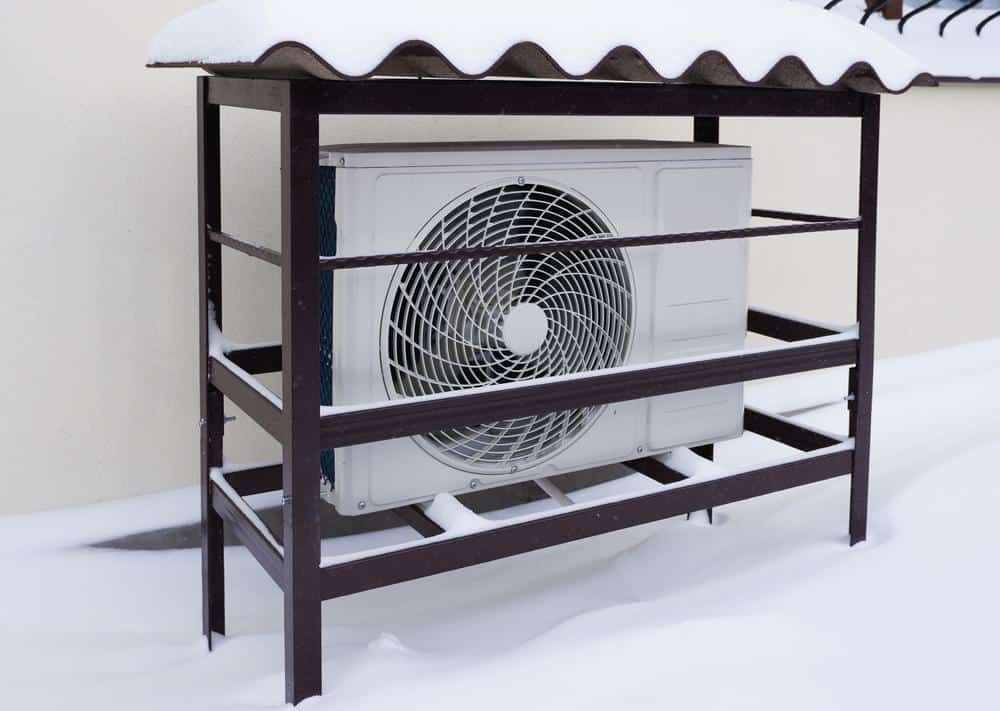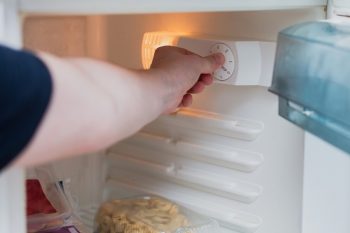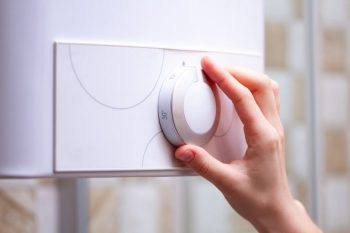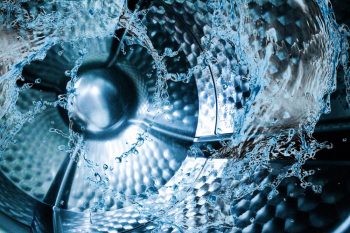
Ice buildup on air conditioner lines is a common issue that homeowners face. It can cause a decrease in cooling efficiency, increase energy consumption, and even lead to potential damage to the compressor or your home from water damage. Understanding what causes this ice buildup and how to prevent it can save you from costly repairs and uncomfortable living conditions.
Ice buildup on air conditioner lines is primarily caused by two issues: insufficient airflow over the evaporator coil and low refrigerant levels. Insufficient airflow can occur due to problems with the blower fan, leaky air ducts, or a dirty evaporator coil. Low refrigerant levels are usually due to leaks in the evaporator coil or refrigerant lines. Regular maintenance and inspections can help prevent these issues and the resultant ice buildup.
Main Causes of Ice Buildup on Air Conditioner Lines
There are two primary culprits behind ice buildup on air conditioner lines: poor airflow over the evaporator coil and low refrigerant levels.
Insufficient Airflow
The evaporator coil in your air conditioning unit holds refrigerant. This refrigerant absorbs heat from the indoor air, then travels through refrigerant lines to the outside unit, where it dumps the warmth. If there is not enough airflow over the evaporator coils, the refrigerant can become too cold, leading to ice formation on the refrigerant lines. Factors that can restrict airflow over evaporator coils include blower fan issues, leaky air ducts, and a dirty evaporator coil.
Low Refrigerant Levels
Refrigerant levels in your AC system should remain constant throughout its lifetime. However, if there is a hole in the evaporator coil or refrigerant lines, the refrigerant will leak out. This leak causes a decrease in pressure and temperature inside the evaporator coil which can lead to ice formation.
Recognizing Ice Buildup
Recognizing the signs of ice buildup on air conditioner lines is the first step towards resolving the issue. These signs include:
- Ice or frost on the refrigerant lines
- Reduced cooling performance
- Warm air coming from the vents
- Hissing or bubbling noise near the refrigerant lines
If you notice any of these signs, turn off the AC system, switch the thermostat fan setting to “ON” to help defrost the refrigerant lines, and call a professional HVAC technician to inspect and repair your AC system.
Preventing Ice Buildup
Preventing ice buildup on air conditioner lines involves regular maintenance and quick response to potential issues. Here are some steps you can take:
- Ensure Proper Airflow: Make sure all vents are open and unblocked.
- Change Air Filters Regularly: A dirty air filter can restrict airflow, leading to ice buildup. It’s recommended to change or clean your air filters every month during the cooling season.
- Regular Maintenance of Evaporator Coils: Regular cleaning of the evaporator coils can prevent dirt accumulation, which can lead to ice buildup.
- Check for Refrigerant Leaks: Regularly inspect your AC system for potential refrigerant leaks. If you suspect a leak, call a professional immediately.
- Regular Professional Checkups: Regular professional checkups can help identify and fix potential issues before they become serious.
In conclusion, ice buildup on air conditioner lines can be a serious issue, but with preventive measures and regular maintenance, it can be avoided. If you notice ice on your refrigerant lines, it’s best to call a professional to assess the situation and recommend a course of action to avoid further damage and costly repairs.
Frequently Asked Questions
How often should I have my air conditioning system professionally checked?
It’s recommended to have your air conditioning system professionally inspected at least once a year, preferably before the cooling season begins.
Can I clean the evaporator coils myself?
While it’s possible to clean the evaporator coils yourself, it’s generally recommended to have this done by a professional. Improper handling can lead to damage, and professionals have the right tools and expertise to do the job correctly.
How can I tell if there’s a refrigerant leak?
Some signs of a refrigerant leak include a sudden decrease in cooling efficiency, hissing or bubbling noises from your AC system, and ice buildup on the refrigerant lines. If you suspect a leak, it’s best to call a professional.
What type of filter should I use for my air conditioner?
The type of filter you should use depends on your specific AC system and your personal needs. Some people might need special filters due to allergies or other health concerns. It’s best to consult your AC system’s manual or a professional for advice.
What can cause a blower fan issue?
Blower fan issues can be caused by a variety of factors, including dust and dirt accumulation, age and wear and tear, a faulty motor, or problems with the fan’s control board. Regular maintenance can help prevent these issues.












